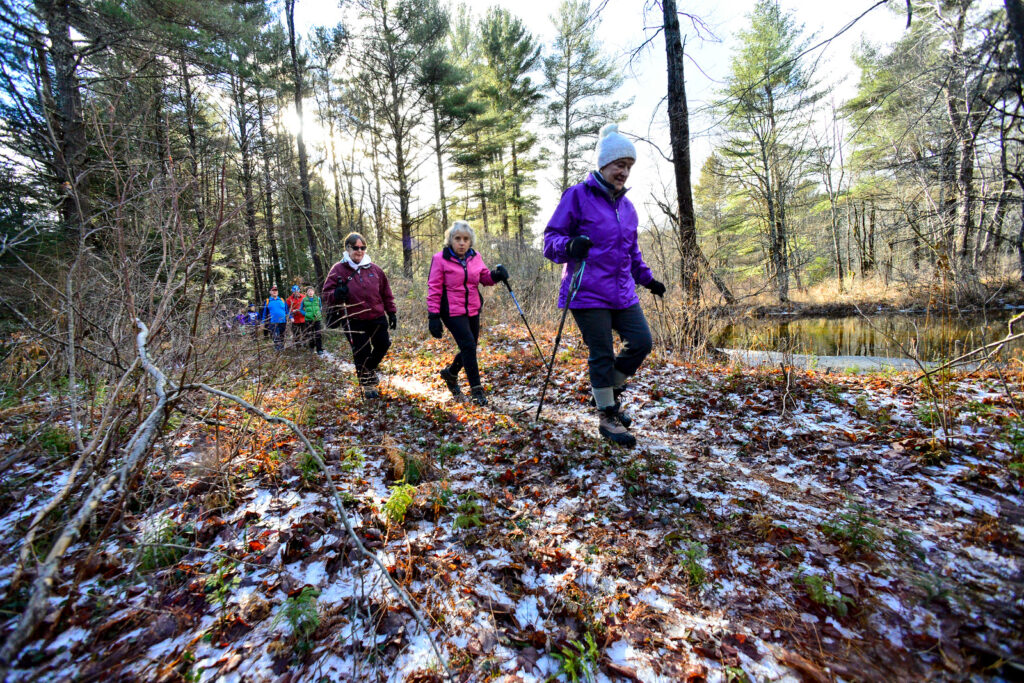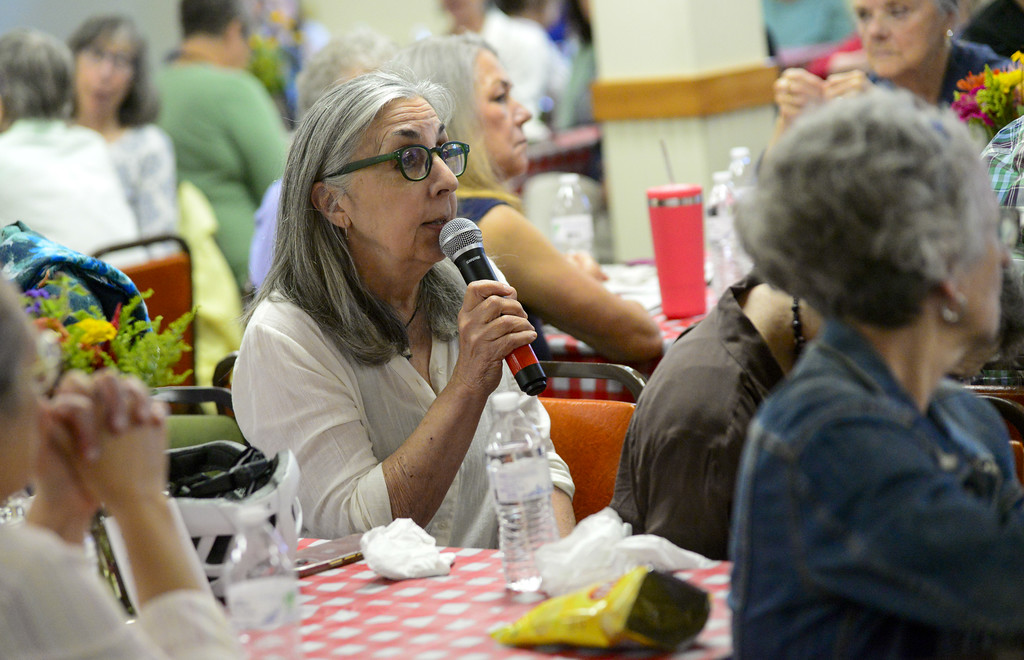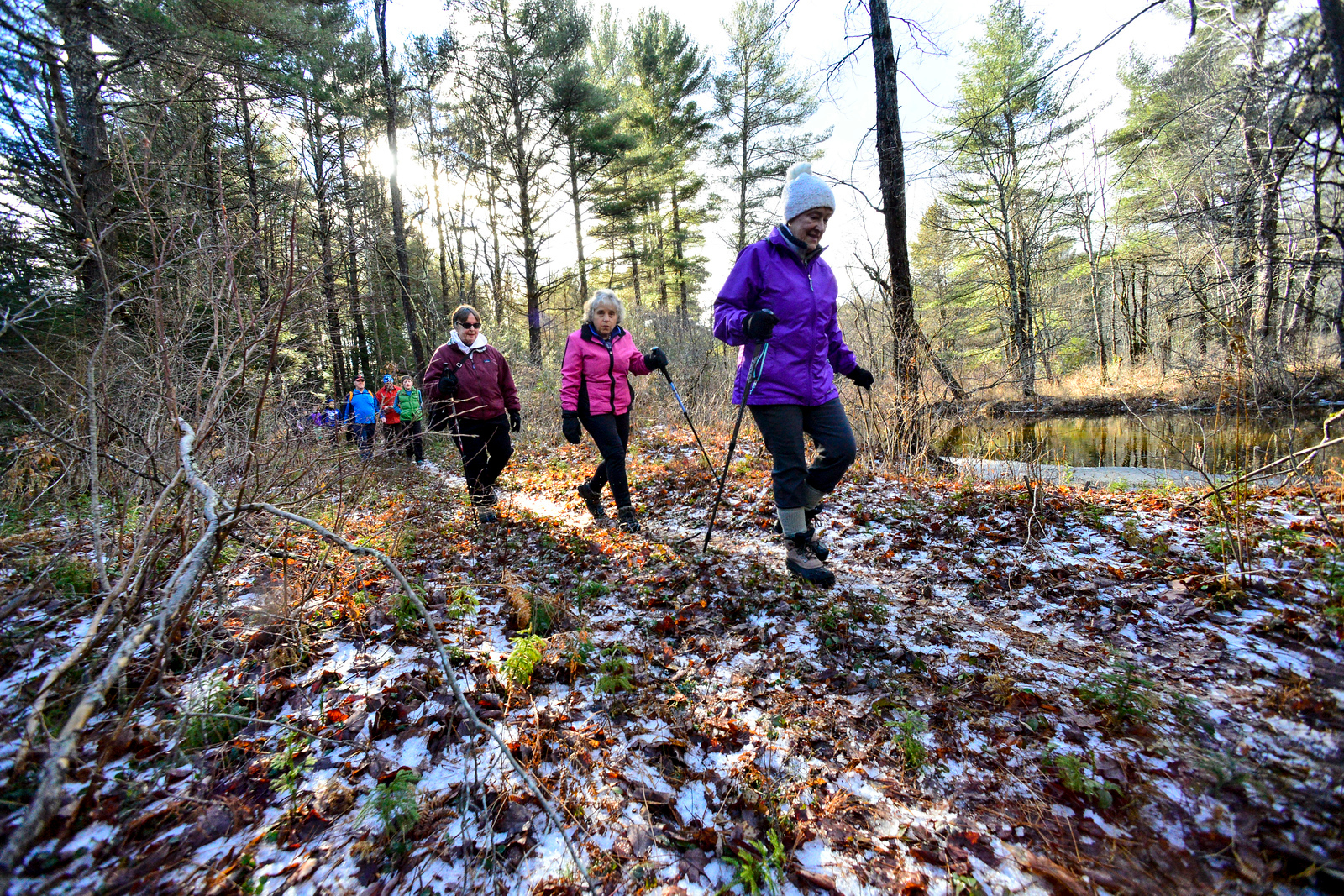by Alicia Fleming.

Working with a Certified Senior Advisor (CSA) in Vermont provides specific advantages that align with the unique needs and circumstances of older adults in the state. Certified Senior Advisors are specialists in aging. They are professionals who have supplemented their expertise with knowledge about aging and health, social and financial issues important to many older adults. All Certified Senior Advisors must follow a code of professional responsibility with ethical standards that include competence, honesty, trustworthiness, fairness, and professionalism. Here are some key benefits:
Expertise in Vermont-Specific Resources and Regulations

Knowledge of State Programs: A CSA in Vermont is familiar with state-specific programs, such as Vermont’s Choices for Care, which provides long-term care services to seniors in need. They can guide clients through the eligibility process and help them access these resources.
Understanding of Local Laws: Vermont has regulations related to elder care, Medicaid planning, and estate laws. A CSA in Vermont understands these laws and can provide advice tailored to the state’s legal framework.
Access to Local Networks
Connections with Local Professionals: Vermont CSAs often have established networks with local elder law attorneys, healthcare providers, and senior living communities. This network can be invaluable in coordinating care and services that are trusted and well-regarded within the state.
Familiarity with Vermont’s Healthcare System: They understand the nuances of Vermont’s healthcare system, including the availability of local hospitals, clinics, and home care services, ensuring older adults receive the best possible care and advocacy.
Tailored Advice for Rural and Urban Areas
Rural Accessibility: Vermont has many rural areas where access to services can be limited. A CSA in Vermont can help navigate these challenges by recommending solutions that consider geographic limitations, such as telehealth options or home-based care services.
Urban Resources: In more urbanized areas like Burlington or Rutland, a CSA can connect older adults with a wider array of resources, including senior centers, transportation services, and specialized healthcare providers.
Understanding of Vermont’s Cultural and Environmental Factors

Cultural Sensitivity: Vermont has a distinct culture that values community, independence, and connection to nature. A CSA in Vermont understands these values and can provide advice that resonates with the older adult population’s preferences and lifestyle.
Seasonal Considerations: The harsh Vermont winters can present challenges for seniors, especially regarding transportation, home maintenance, and healthcare access. A local CSA can offer practical advice and resources to help seniors prepare for and navigate these seasonal challenges.
Local Advocacy and Community Engagement

Advocacy for Seniors: Vermont CSAs often engage in local advocacy efforts to improve senior services and resources in the state. They can inform clients about local initiatives and how to get involved or benefit from them. A key state initiative is the Age Strong Vermont plan; find out more by visiting the Vermont Department of Health Website.
Community Connection: They can help older adults stay connected to their communities by recommending local volunteer opportunities, social events, and activities that align with their interests and beliefs.
Peace of Mind for Vermont Families
Proximity for Ongoing Support: For families living within Vermont working with a local CSA ensures that they have a professional who can provide personal support, attend meetings, and be readily available for in-person consultations.
Understanding Local Challenges: Vermont has unique challenges, such as an aging population and limited access to certain services. A CSA in Vermont is well-equipped to address these issues and provide solutions that are both practical and effective.
Working with a Certified Senior Advisor in Vermont means receiving expert, personalized, and locally informed advice that enhances the quality of life for older adults in the state. Their understanding of Vermont’s specific resources, culture, and challenges ensures that older adults and their families receive the most relevant and effective guidance possible. There are currently four Certified Senior Advisors in Vermont. To find a CSA in your area or verify that a CSA is a member in good standing: www.csa.us | 800-653-1785 | society@csa.us
Resource: www.csa.us
Alicia Fleming, REALTOR® SRES® CSA® CDP®, Alicia is a trusted Certified Senior Advisor (CSA)®, REALTOR®, Seniors Real Estate Specialist (SRES)® & Certified Dementia Practitioner (CDP)®, 802-318-0441 | AliciaFleming@GoldenGuideVT.com, www.primerealestatevt.com | www.goldenguidevt.com






Comment here